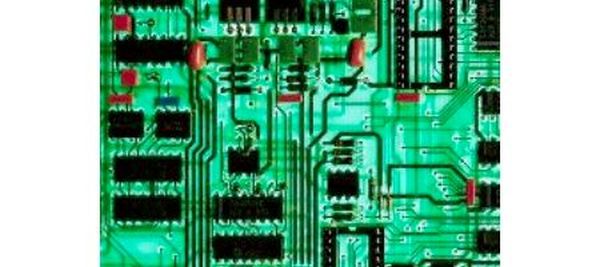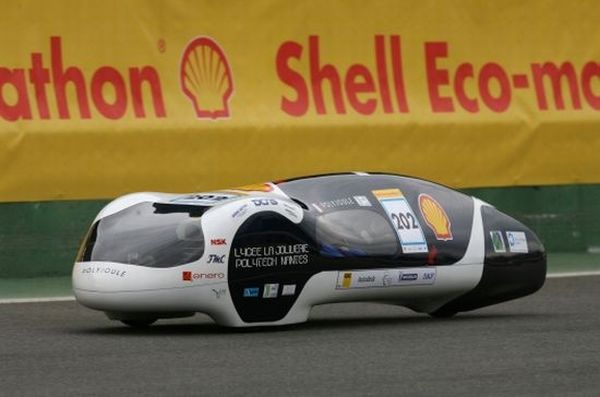The latest innovation of technology is the nano sized transistor made from organic materials found in the human body. Earlier silicon a semi-conductor formed the basis of modern technology including cellphones, computers and various other electronic devices but now this semi-conductor has become outdated. Recently researchers from Tel Aviv University have joined together different techniques from all fields of science to create a new generation of protein-based transistors which are not only flexible but also biodegradable.

The researchers used an entirely different approach bringing in biology and chemistry to build these small transistors that are comparatively less harmful to the environment. The team of researchers including PhD students Elad Mentovich and Netta Hendler in collaboration with other professors succeeded in making these ideal transistors. Blood, milk and mucus proteins which are gifted with the ability to reassemble into a semi-conducting film are used in this technology and working with this has provided the foremost platform for the creation of biodegradable display screens.
The problem faced in using silicon is that it needs the top down approach wherein the manufacturers have to begin with a single sheet of silicon and then carve it out into the shape that is required, this consumes time and also it affects the transistors capability as far as size and flexibility is concerned. When the TAU researchers mingled blood, milk and mucus protein and applied it to a base material they got to know how these molecules self assembled and formed a semi conducting film. The three kinds of protein together help each other to make a complete circuit. Blood protein absorb the oxygen, milk proteins provides potency so they form fibers which act as the building blocks of the transistor and last but not the least the mucus proteins have the ability to keep the red , green and blue fluorescent dyes separately creating the white light which is appropriate for effective optics.
Such biodegradable transistors build from proteins are ideal for a more efficient range of smaller and flexible electronic devices such as tablets and biosensors.
Via: TGdaily




